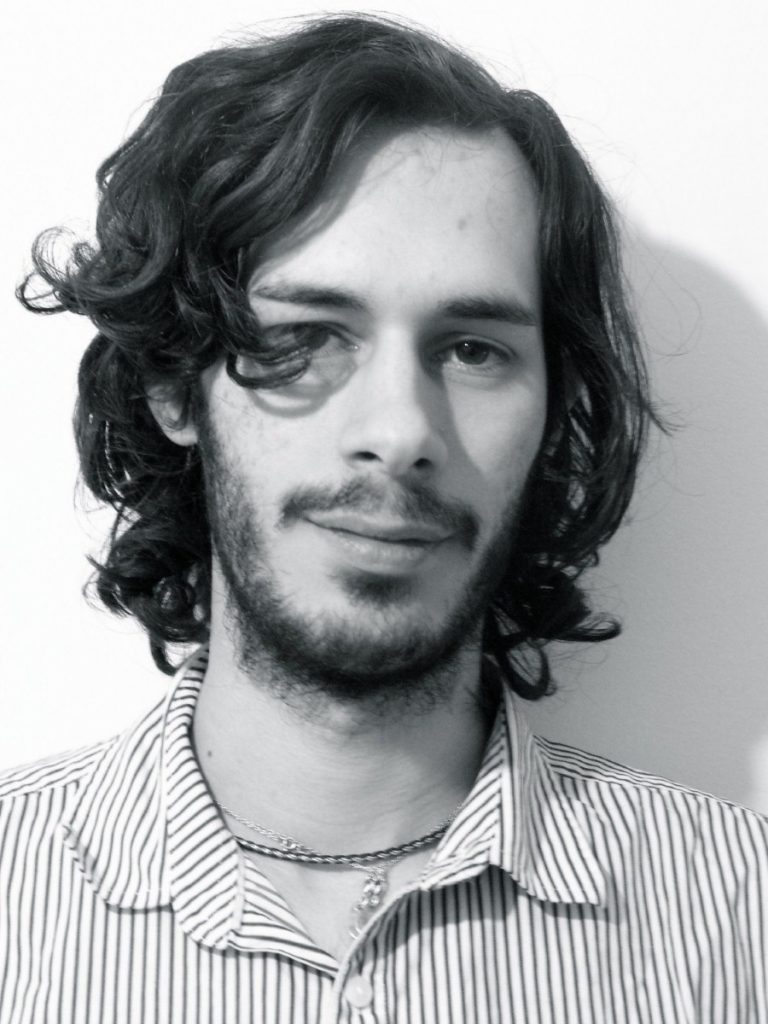Comment: Twitter will change our response to everything
By Carl Miller
On the 11th of May 2011, the Tohoku earthquake became the seventh most tweeted moment in history. Mixed in amongst the five and a half thousand tweets per second of shock, panic and condolence was information: vital on-the-ground intelligence about casualties and damage. This was still some three thousand tweets a second short of the furore caused by Beyonce's baby bump during the 2011 MTV Awards; the most tweeted 'event' in history.
The defining political and cultural moments of our age, both the profound and, (no offence, Beyonce) mundane now emit vast clouds of what is modishly termed social media ‘buzz’. From argument and outrage to agreement and joking, the buzz is a continuous monument to the social world in action. Measurable and analysable, social media represent the largest, richest, and most dynamic evidence base for human behaviour that has ever existed, and an incredibly exciting opportunity for anyone interested in finding out about people and society. Tapping into this 'buzz' has already revolutionised the advertising and marketing industries.
It can, and inevitably will, revolutionise politics and policy too. A focus group suddenly becomes a hundred thousand times larger. But that is its weakness too: the buzz is confusing, complex, and potentially misleading, and harnessing it for politics is not as simple as it first seems. As the mischievous CALA BOCA GALVAO meme on Twitter showed, spotting the useful from the misleading is not always simple and the riots in England last year exposed that we're not very good at telling one from the other. Over those few fateful days, vital social media signs of looming catastrophe were missed, whilst nonsense claims about tigers in Primrose Hill and the Army at Bank swept throughout Twitter like wildfire fanned by a string of credulous retweets.


The key is to turn all this mass of information into something useful, insightful and reliable. Like any young field, social media analysis is relatively unregulated by professional norms and standards. Even current best practice produces research falling far short of the standards of evidence required in either the academic humanities or public policymaking. Sampling from social media is fraught with difficulty and results stand in danger of letting the very loud voices of a (usually rich, urban, young) few drown out the lurking majority. With samples of convenience serving up raw metrics, with little regard to language, culture or context (not to mention ethics), the industry in general hasn't moved too far beyond being a counting game.
This week, the think tank Demos launched an initiative to fill this deficit. The Centre for the Analysis of Social Media brings together policy specialists, social scientists, computer scientists and tech entrepreneurs to research social media in a way that is reliable, ethical, and useful to help solve pressing social and political problems. We're not yet sure of the results, but clearly more can be learned by working across disciplines and bringing to bear different approaches and talents. It is conceivable that social media research could produce new, potentially agenda-setting and frame-changing data on vital challenges our society faces: radicalisation; public disorder; hate-speech; political alienation and how technology itself is changing conceptions of groups and identities. If so, it is important to make sure it respects the privacy concerns of those being researched – and the expectations people have about how information might be used – are respected as a matter of routine, professional habit.
There will always be future riots and earthquakes. As the outbreak of violence in the Middle demonstrates, with modern communications these challenges will hit us faster and more complexly than ever before. We must make sure our responses are more rapid and informed than ever before.
Carl is the Research Director of the Centre for Social Media, Demos. He specialises in the use of social media research to learn about people, ideas, groups and society. He is the co-author of the Demos publications #Intelligence (2012), Truth, Lies and the Internet (2011), and The Power of Unreason (2010).
The opinions in politics.co.uk's Comment and Analysis section are those of the author and are no reflection of the views of the website or its owners.

